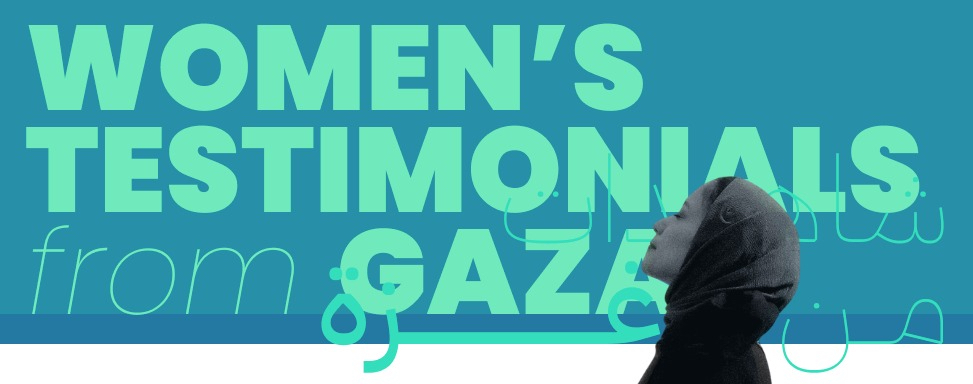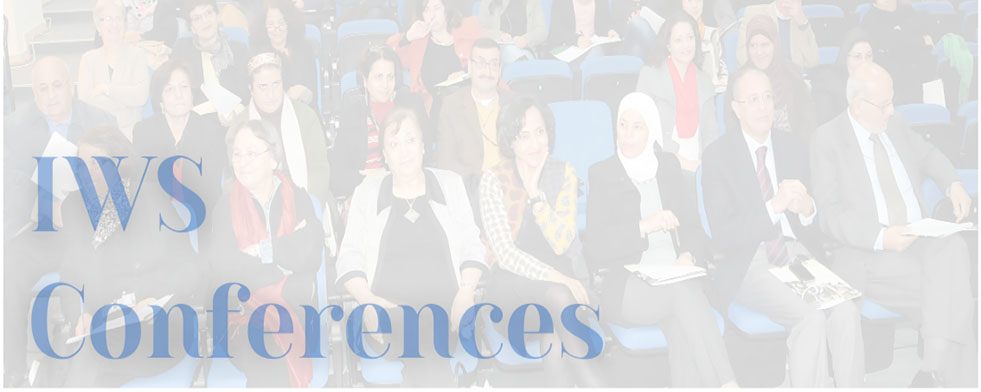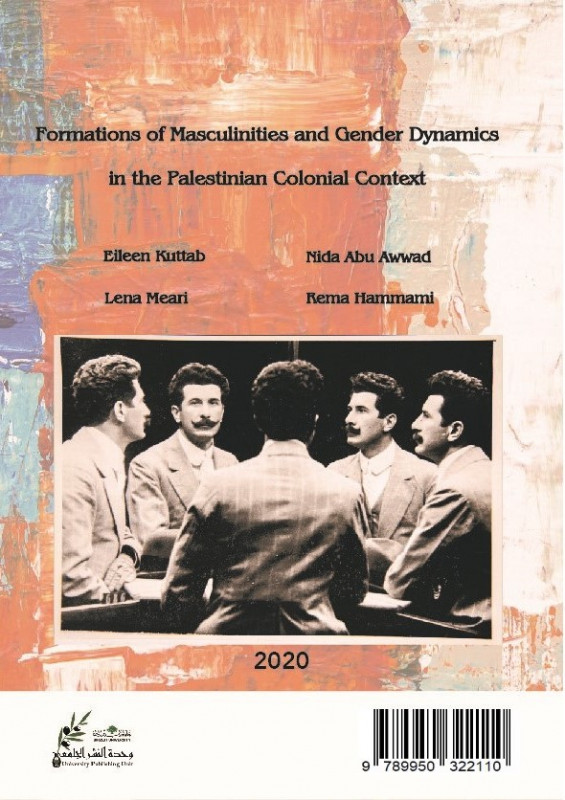Legal reform as a tool to achieve gender quality pdf
Year: 2014
Author: Khadeja Mariam Hussian Zahran
Supervisor: Islah Jad
Discussion Committee: Firas Milhem & Helga Baumgarten
Abstract
This study discusses the issue of legal reform to achieve gender equality in the Palestinian context. It discusses the theoretical basis which legal reform was based on as a means for the achievement of gender equality.
It criticized several feminist theories such as Marxist feminism, Radical feminism, Islamic feminism, liberal feminism and the legal reform doctrine. Several feminist interlocutors criticized the deficiency of the law in terms of its ability to achieve gender equality owing that to the liberal thought. They believe that liberalism is based on false premises, and so it neither suits men, women nor the society in general. It failed as a general social philosophy to look deeper into the roots of the traditional culture and laws that embody the subordination of women and undermine their human rights. The law itself represents a stifle stereotype and a despotic tool used by the hierarchical authorities with no relevancy to women and their experiences. Many of these interlocutors consider the legislations and legal institutions of the society as a source of the power of the patriarchal system. They also believe that the improvement of legal status of women is not necessarily linked to identical improvement of their social and economic status. The rights-related discourse is characterized by its universality instead of being relevant to cultural, political and historical contexts. The study showed that the liberal feminist attitude hasn’t been contextualized in Palestine. It ruminated what was produced by the western liberal feminism. It relied on the strategies produced by liberal feminism to achieve gender equality, and so the law has become a major tool to achieve equality. Thus, the interest of women’s institutions was focused on attaining legal rights, ignoring the discriminatory policies and laws that govern public life. They call for legal reform to achieve gender equality and assumed that equal treatment can challenge subordination of women and bridge the law-engendered gap between men and women.
These institutions overlooked the realistic and legal feminist contexts of the Palestinian women. They haven’t presented any creative solutions which could match the Palestinian context and the needs and experiences of the Palestinian women. They, for example, overlooked the political, legal and social contexts of the Palestinian women such as the Israeli occupation and its impact on them, absence of Palestinian sovereignty, political division between the West Bank and Gaza Strip, multiplicity of laws in Palestine and the use of law as a political means. All that contributes to depriving women of legal equality.
The study concluded that the legal reform overlooks the real situation of the Palestinian women. They don’t have the same historical legal context. They still get influenced by the legislative and social legacy which has been in place so long. This legacy materialized different cultures for each legislative system. Furthermore, they don’t have the same ability to benefit from the rights enshrined in the laws and legislations which were amended according to the international human rights conventions.
The effort to unify the Palestinian women through unification of the rights-based discourse through a single law leads to inherited cultural legacy of exclusion. This legacy has been prevalent for hundreds of years. Gender equality can’t be achieved based on this legacy, especially the gap between the law and the reality of life is clear. Law[1]based translation of the rights without taking into account the different contexts render these rights which are enshrined in the law to abstract formal rights. It won’t help address the persecution which could be noticed in the infrastructure. Contrary to that, it could help cover up this reality and undermine the benefits of women’s discussions and debates. Having a single law on the level of the region limits opportunities for legal change, suppresses imagination, and silences some voices and arguments within the legal sphere.
Download



